The Online Master in Sustainability and Business Innovation is a pioneering master’s programme that offers you the unique opportunity to learn how business, sustainability and innovation interact.
Our curriculum is aligned with the United Nations Sustainable Development Goals and addresses the latest trends in responsible and technological innovation, sustainable business models and new market infrastructures. This Master’s programme will prepare you for new challenges, strategic problem solving from a global perspective and leadership skills to succeed:
- At organisational level: You will analyse the best practices to manage high-performance teams and transform corporate culture.
- At community level: You will learn how to maximise the economic and social resources of an organisation, its environmental impact and how to measure its performance.
The Online Master in Sustainability and Business Innovation is designed to provide you with the tools and technical know-how to not only embrace change, but also promote it as a future business leader.
Programme Data
- Course: Online Master in Sustainability and Business Innovation
- Mode: Online
- Language: English
- Required experience: 3+ years
- Dedication: Part time
- Start date: 27 Apr. 2026
- Duration: 12 months
Why EADA
01
Personalised learning
We use small groups to make sure everyone can get involved and interact with the teacher, making the most of our live online classes.
02
Ongoing support
EADA's program management team will provide ongoing support to participants, addressing any academic or technical needs that may arise. This ensures that students can focus fully on their studies and minimize disruptions caused by any unforeseen challenges.
03
Executive Coaching
To support your comprehensive personal and professional development as a leader, you will receive three executive coaching sessions conducted by ICF-certified coaches. Together, you will create a development plan to enhance your strengths and improve your effectiveness when interacting with your team. More details can be found in the program structure.
04
EADA's pedagogical model is a benchmark.
The e-learning platform is user-friendly, intuitive, and highly practical.
05
A residential module at our Training Centre (Blended option)
will allow you to immerse yourself with fellow participants and faculty in our unique, nature-based facilities, the largest of their kind in Europe dedicated to executive and leadership development.
Programme designed for:
Professionals who wish to focus their careers towards innovation and business sustainability, who are seeking to position themselves in this new corporate environment.
It is also aimed at consultants and executive coaches who are looking for innovative tools to support organisations during their transition towards sustainability.
Want to know more?
Contact us and we will provide you with all the information about the programme and its next edition.
Programme objectives
#19
Worldwide Executive Education - Open programmes Financial Times 2025#39
Worldwide Executive Education - Custom programmes Financial Times 2025#30
best business schools in Europe European Business School Rankings Financial Times 2025Opinions of Online Master in Sustainability and Business Innovation
The experience of Gloria, Hanane y Nicolás
Gloria: "I wanted to have the combination between sustainability and business and how it will impact on organisations."
Hanane: "If you want to create your own company this master's degree fits 100%, if you want to lead the company more when you are working it also fits 100%."
Nicolás: "What makes it different is the flexibility that the Online Campus gives you mixed with the Collbató Campus, which is an incredible experience."
The experience of Anna Jírová
"It did expand the perspective. You get a little bit more critical, and you kind of see how sustainability actually relates to every piece of decision-making, and how you can implement it every day in terms of how you actually approach things."
Do you need advice?
Request information and our admissions team will guide you in your professional development
The programme: Innovation is part of its structure and methodology
The business world has already started to react proactively, reinventing the role of the private sector to provide solutions to the greatest challenges currently facing the planet and to contribute to the 2030 Agenda and the United Nations’ Sustainable Development Goals (SDGs). This is what is known as the New Business Paradigm.
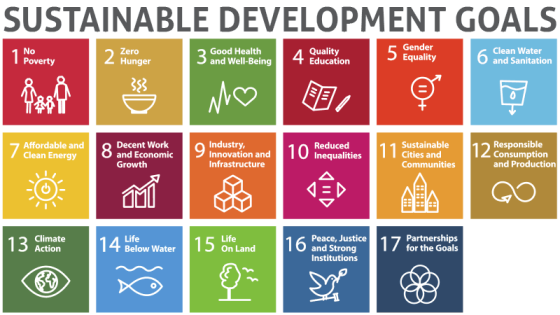
17 goals to transform our world
In 2015, the United Nations adopted the 2030 Agenda on Sustainable Development, an opportunity for countries to embark on a new path in order to improve the lives of everyone on the planet, leaving no-one behind. The Agenda includes 17 Sustainable Development Goals, that range from the eradication of poverty to combating climate change, education, gender equality, protecting the environment and the urban design of our cities.
The Sustainable Development Goals (SDGs) are a call to action to all countries to eradicate poverty and protect the planet as well as ensure peace and prosperity.
The mission of EADA Business School, as a signatory to the UN Global Compact, is to create an impact not only in the personal and professional development of business leaders but also in the excellence of companies and organisations and their contribution to a fairer, more sustainable and solidarity-based society.

Programme structure
Programme workload
This online programme carries a workload of approximately 6 to 8 hours a week. An extra 2 hours should be added when working on the final project of the programme.
New business paradigm: shared-value strategies
- Characteristics of the new business paradigm
- Systemic thinking and applied complexity science
- Multi-stakeholder shared-value strategies
- Holistic management models for innovation and sustainability
- Sustainable leadership
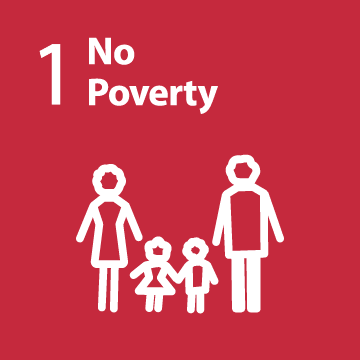
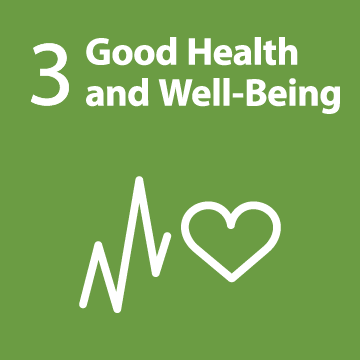
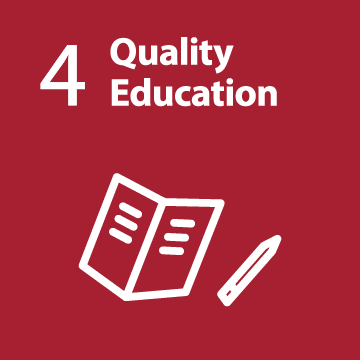
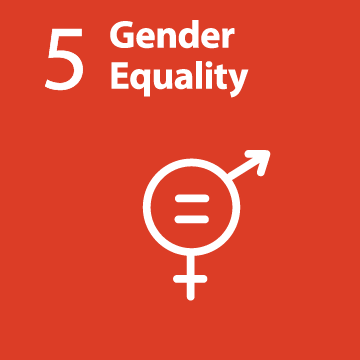
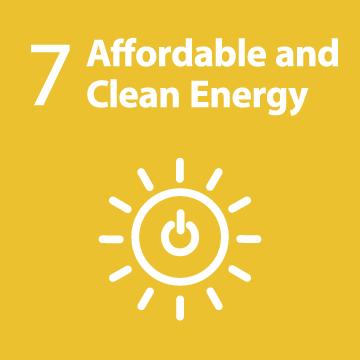
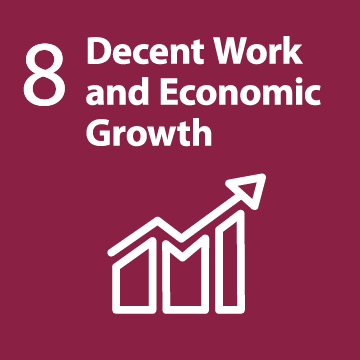
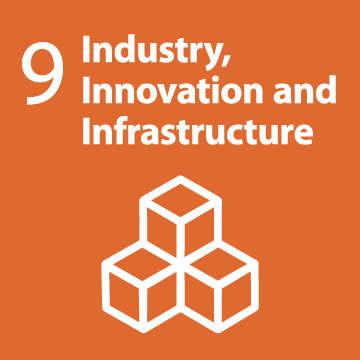
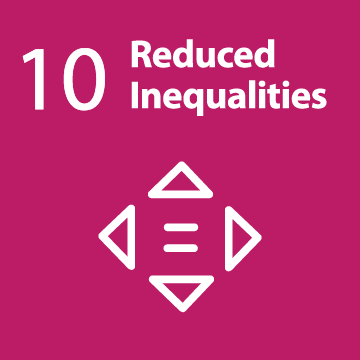
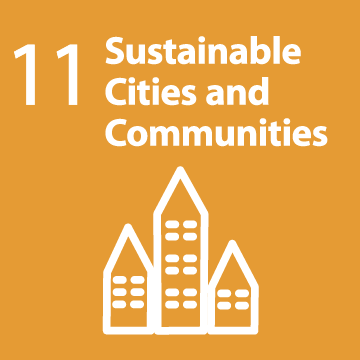
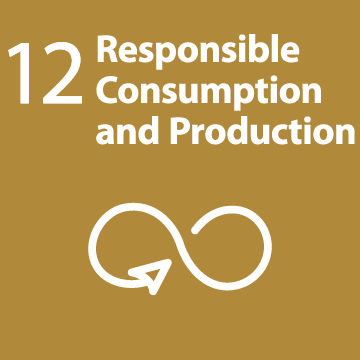
Circular Economy
- Conceptual framework: Megatrends and basic principles
- The Butterfly Effect
- The 3Rs model: reduce, reuse, recycle
- Business models for a circular economy
- The ecosystem of stakeholders
- Circular supply chain





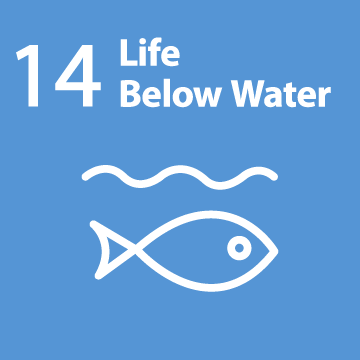
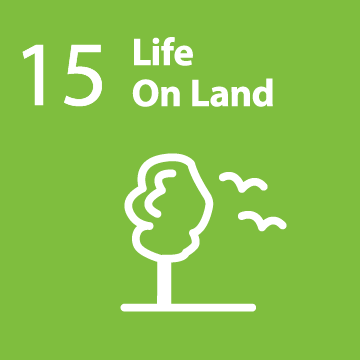
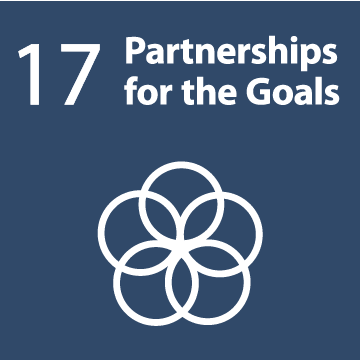
Life Cycle Assessment (LCA) and Environmental Impact Measurement
- Strategic Uses of Life-Cycle Analysis
- Analysing, challenging, and communicating LCA results
- Tools for Quantifying Environmental Externalities
- Carbon and water footprint measurement
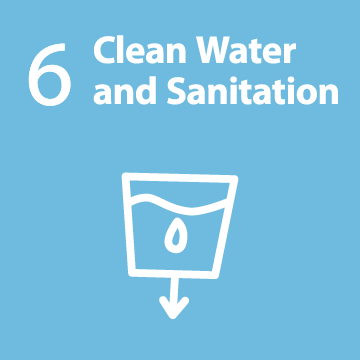


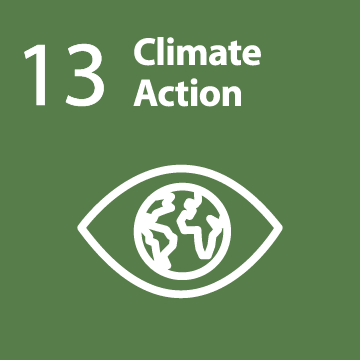


Sustainability strategy design and implementation
- Bases of competitive strategy and the role of sustainability
- The business case for sustainable transformation of business
- Designing and implementing sustainability strategies
- Case studies of firms that successfully integrated sustainability into competitive strategy



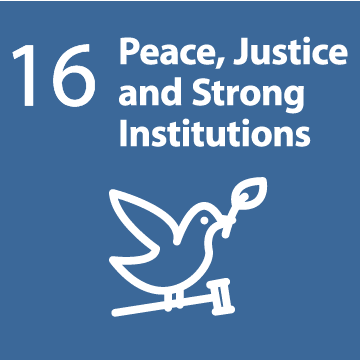

Impact Measurement
- Bases and trends on impact measurement
- Methods and tools for monitoring and evaluating impact
- Design, development and management of impact systems
- Measuring and indicator systems

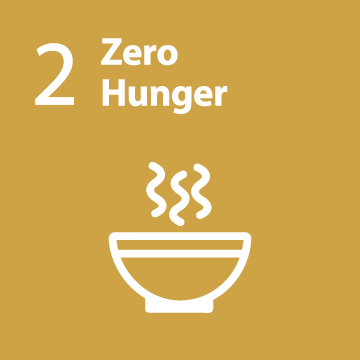















Leadership module
Residential Module in Barcelona
- Personal and transformational leadership
- Managing commitment and motivation
- Negotiation and managing conflict
Framing a Reliable ESG Strategy
- Regulation
- Reporting
- Accounting for social and environmental value
- Analysis of the future scenarios in ESG reporting







Innovation and Positive Impact: The purpose launchpad framework
- Purpose Launchpad principles, phases and implementation levels
- Purpose Launchpad applications and tools (real cases)
- Purpose Launchpad axes deep dive: Purpose, Customer and Abundance



Dual Finance Development
- The impact of sustainable finance
- The economics and risks of sustainable finance
- ESG Metrics
- How to invest in environmentally and financially sustainable projects
- Measuring sustainability performance

Sustainability Consulting
- Competences to carry out consultancy processes in the field of social innovation and sustainability
- Consultant's global vision to integrate consultancy in social innovation and sustainability in the companies' strategy
- Partnerships & alliances


Strategic Plan for Sustainable Business Development
Project-based learning is a cornerstone of EADA's pedagogical model, facilitating the transfer of knowledge to real-world business scenarios. It involves aligning and applying the SDGs to the strategy of an existing or start-up organization.
Module: Executive Soft Skills (Collbató Residential Training Campus)
Personal Leadership
- Self-awareness
- Cognitive styles and associated behaviors
- Foundations of Personal Leadership
- Skills development
- Learning and unlearning
- Leadership models (situational leadership, authentic leadership, trust-based leadership...)
- Communication as a fundamental leadership tool
- Developing and leading high-performance teams (team stages, team roles, team learning...)
- Leadership and change
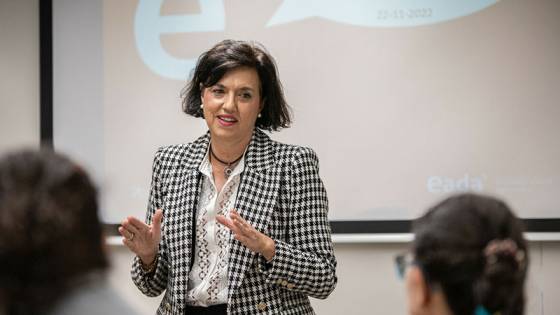
Executive Coaching
To support comprehensive personal and professional development, participants will benefit from three executive coaching sessions conducted by an ICF-certified coach. Together, you will create a personalized development plan to enhance key areas for improvement and foster more effective interactions with your team. Through these sessions, you will gain the self-awareness necessary to steer your career towards your areas of greatest impact, while aligning it with your personal goals.
Would you like to know more about the programme?
Download our brochure for further details.
Degrees
- Upon successful completion of the entire programme, in accordance with the academic requirements specified, you will be awarded the Diploma in Master in Sustainability and Business Innovation issued by EADA Business School.

